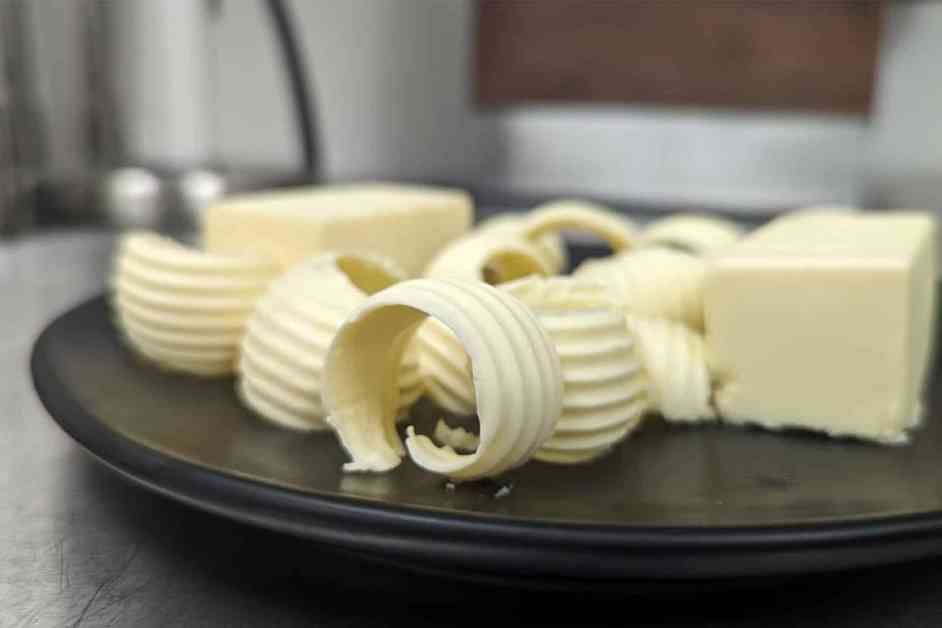Life without butter is like a burger without its juicy patty, a pancake without its fluffiness, and a cookie without its sweet taste. But the production of butter and vegetable oils contributes to about 3.5 billion tons of CO2 emissions globally. This has led to large-scale deforestation and land degradation due to the need for vast land areas for livestock farming and plant cultivation.
Savor, a California-based startup, has come up with a sustainable solution to create butter without the need for animals, plants, or land displacement. They use synthetic fat made from carbon dioxide and hydrogen to produce butter that tastes just like the real thing. By converting fossil fuel byproducts into food, Savor is revolutionizing the way we think about butter production.
The lab-grown butter is created by combining carbon dioxide from the air and hydrogen from water using a unique method developed by the Savor team. This process is not only efficient and resilient but also environmentally friendly, as it does not release any greenhouse gases or require farmland. Bill Gates, an investor in Savor, has praised the taste and quality of the lab-grown butter, highlighting its potential to transform the food industry.
In addition to butter, Savor plans to create a variety of food items such as ice cream, meat, tropical oils, and cheese using their synthetic fat. This innovation has the potential to significantly reduce our carbon footprint and help us achieve our climate goals. However, the affordability of these products remains a challenge, as widespread adoption is necessary to make a meaningful impact on the environment.
The Savor team is working towards driving down the price of their alternative butter and other lab-grown food items to make them accessible to the masses. By making these products cost-competitive with traditional fats, Savor aims to bring about a positive change in the food industry and promote sustainability. Their research on producing food without agriculture presents a promising vision for a more environmentally friendly future.






